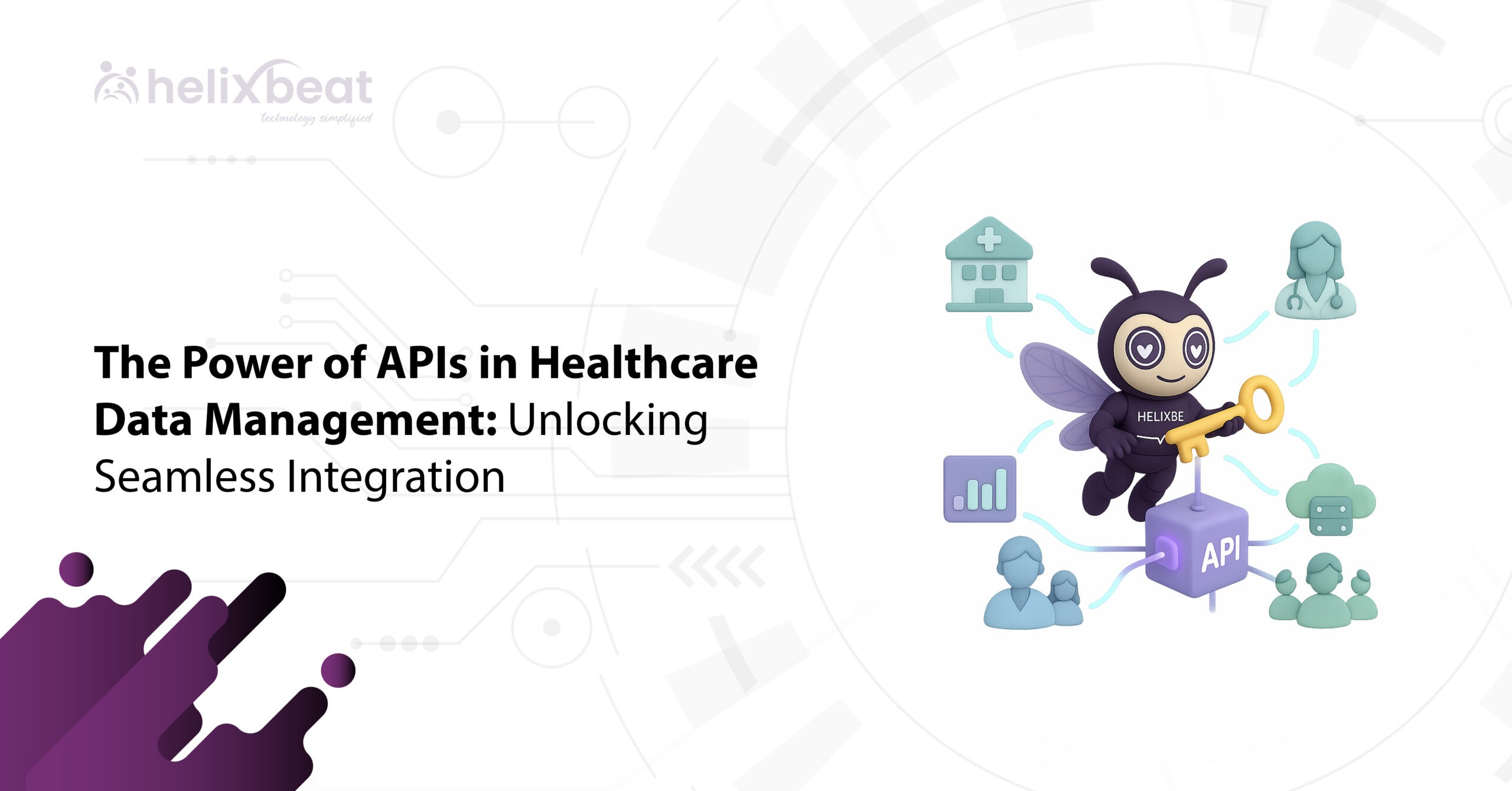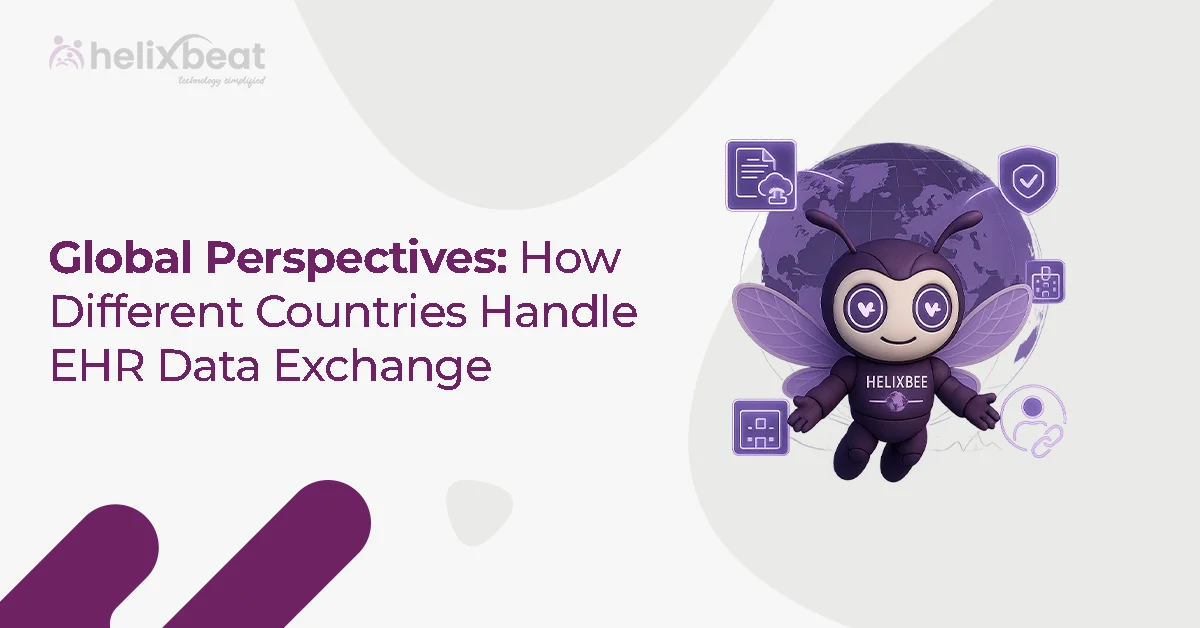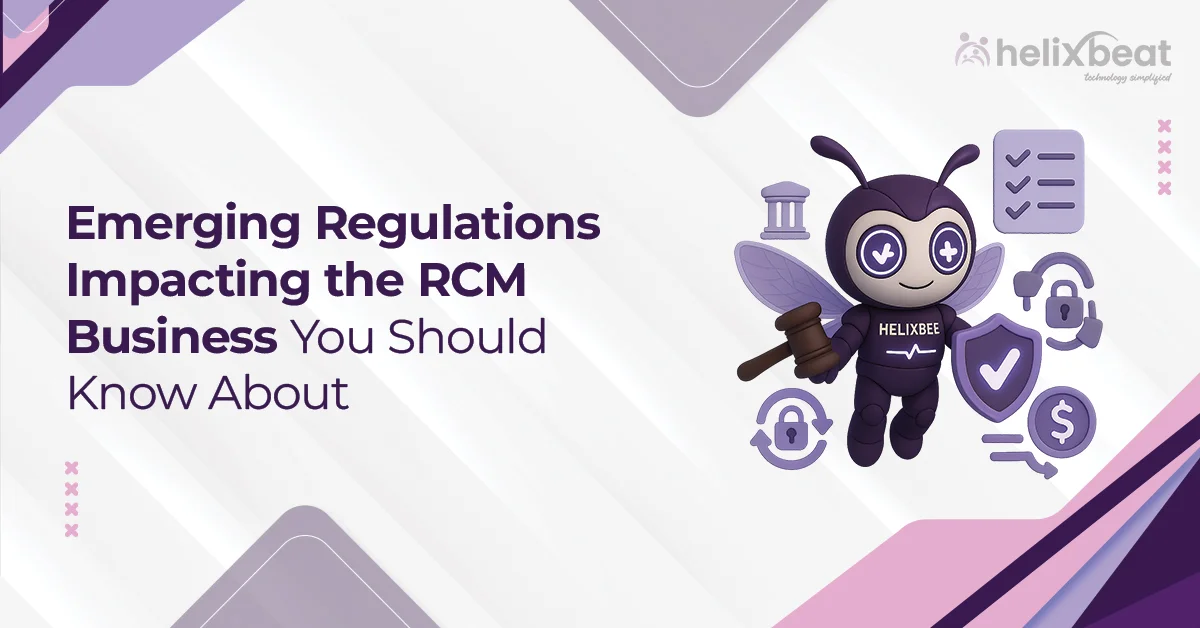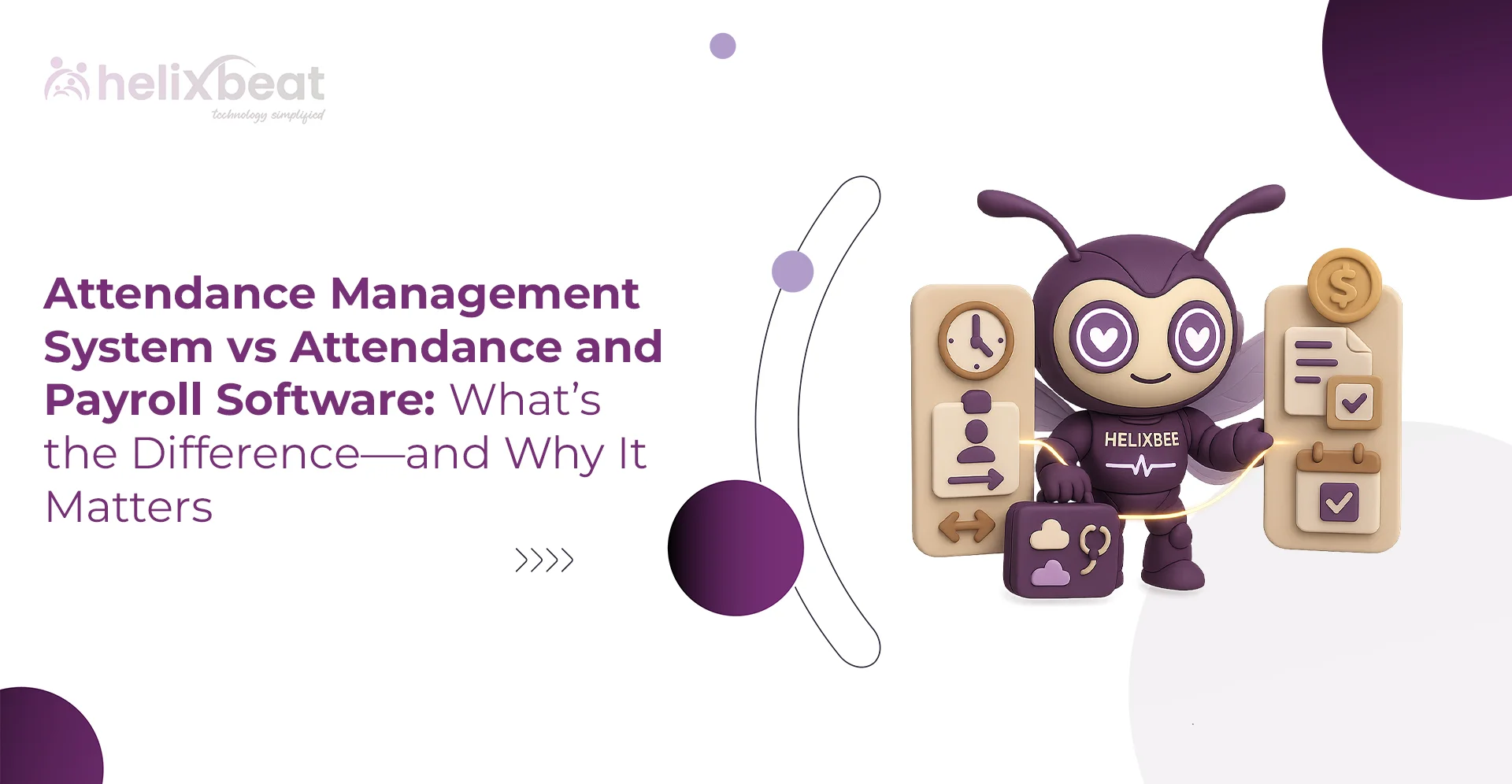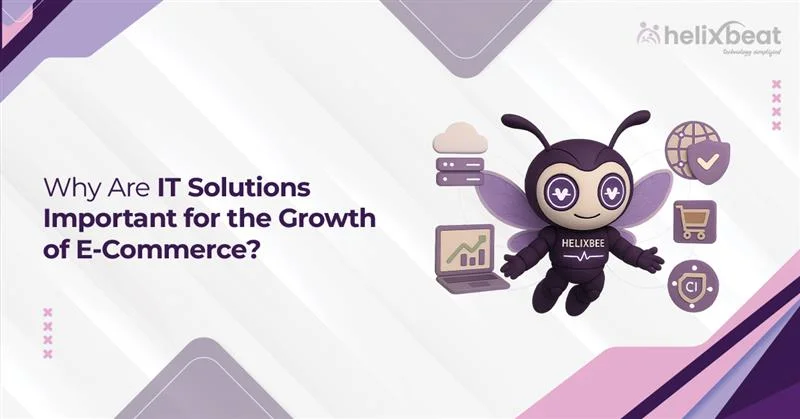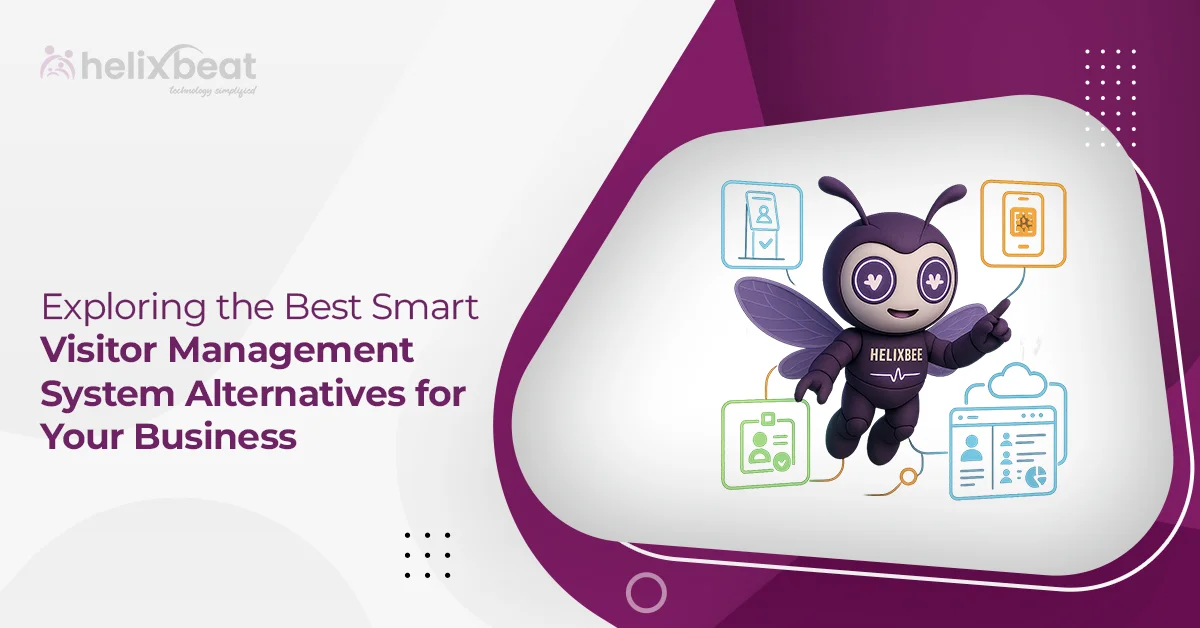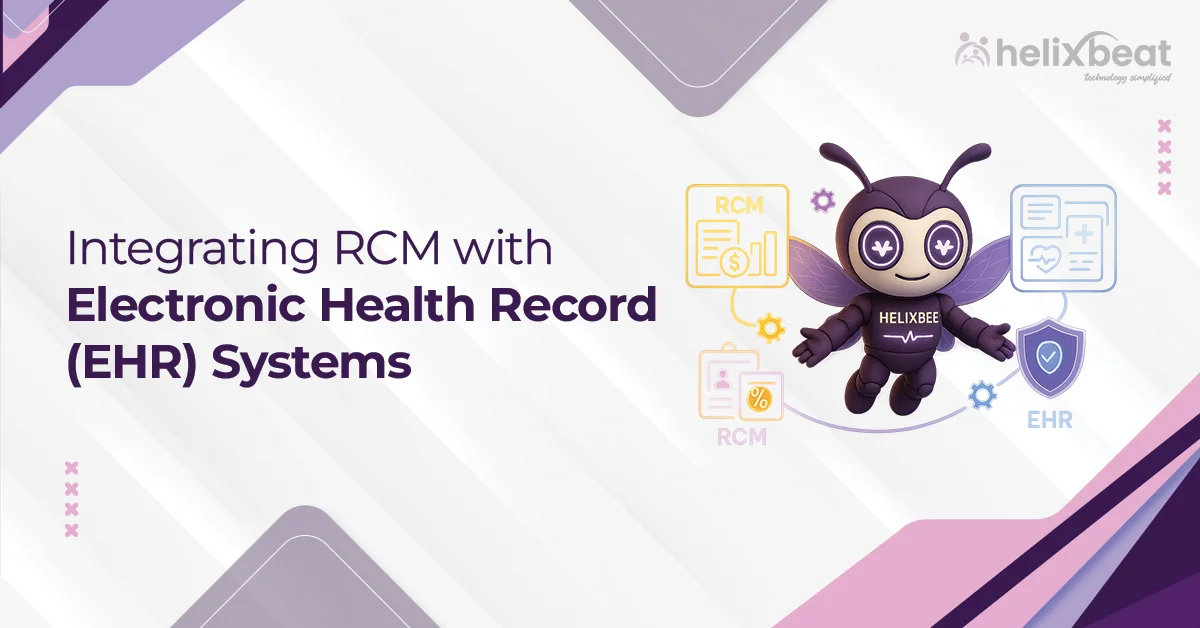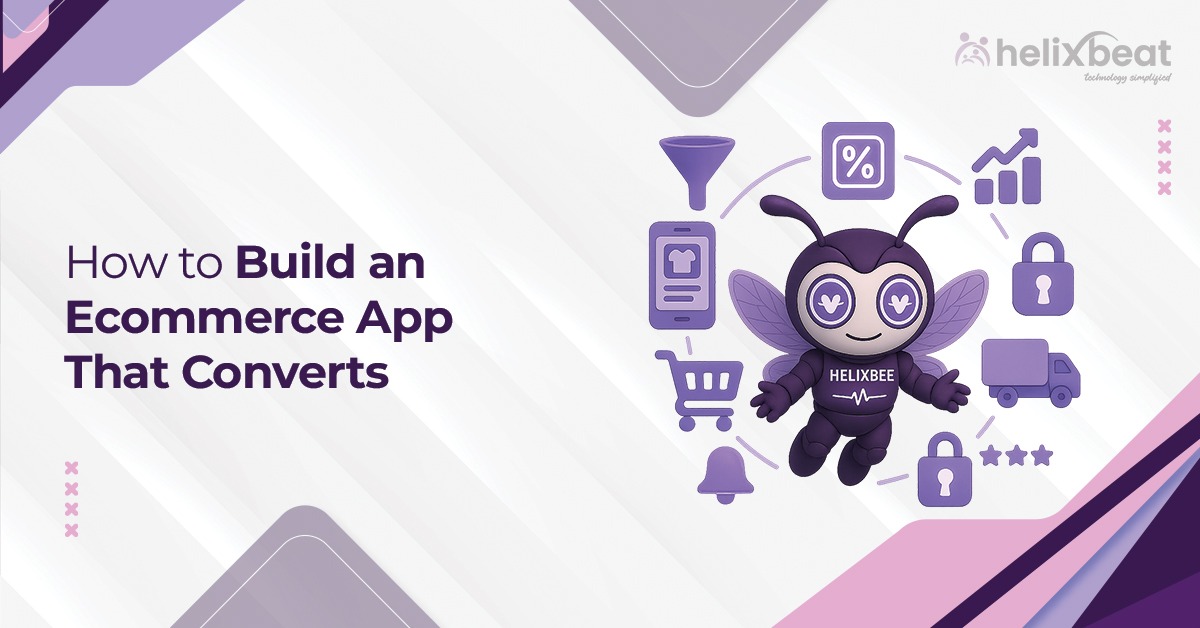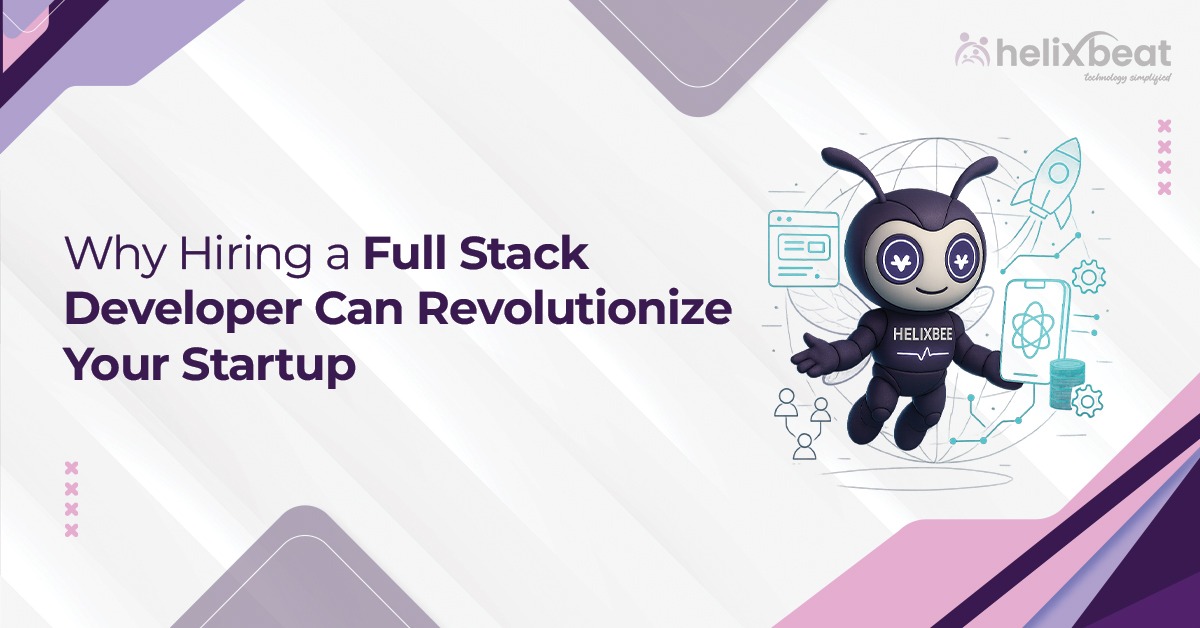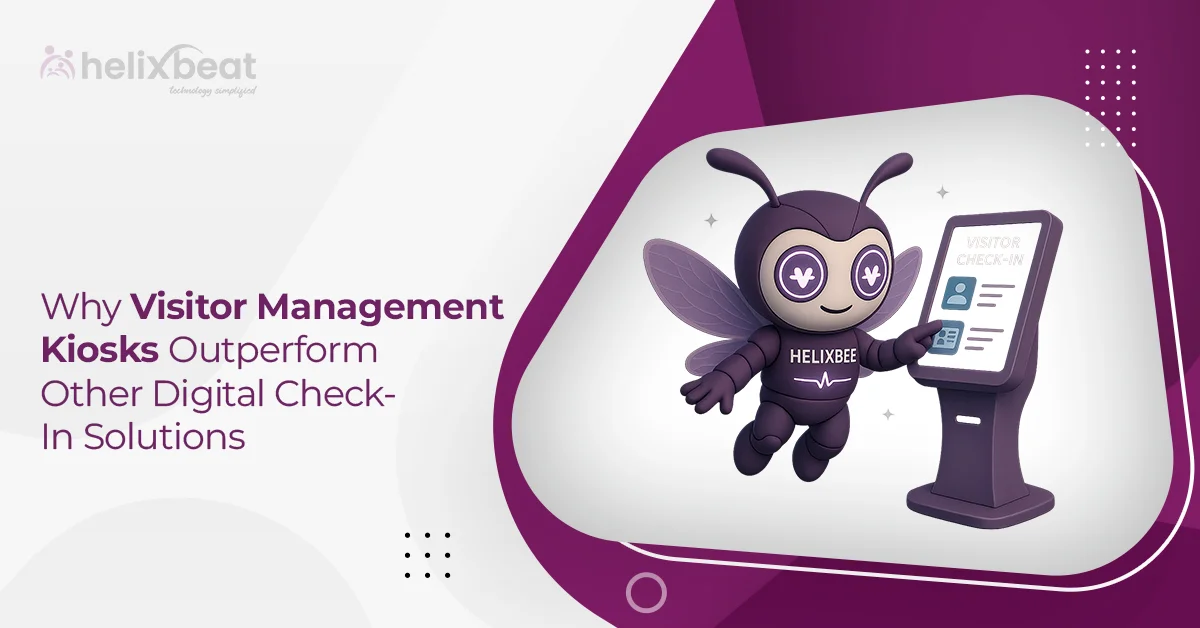
What happens when a patient’s lab results, prescriptions, and hospital records are scattered across disconnected systems? The answer is frustration for patients, delays for doctors, and inefficiencies for healthcare organizations. In today’s data-driven world, healthcare demands unity, not silos. This is where AI in healthcare platforms steps in, transforming scattered information into a connected ecosystem that drives better care.
Take Genius by Helixbeat as an example. Instead of leaving hospitals and clinics to juggle fragmented systems, it connects them through a single framework of interoperability. By combining real-time sharing, data standardization, and transparency, APIs act as bridges—making it possible to streamline clinical workflows, build innovative applications, and unlock advanced analytics.
This blog explores how APIs are reshaping healthcare data management, the unique role of GENIUS, and why decision-makers must view seamless integration as a necessity rather than a luxury.
Table of Contents
APIs in Healthcare Data Management
APIs serve as digital connectors that link different healthcare systems into a single communication highway. Instead of systems operating in isolation, APIs enable smooth data flow between labs, pharmacies, insurance providers, and patient-facing apps. As part of AI in healthcare platforms, they make it possible to unify fragmented systems into a connected ecosystem.
How Do APIs Solve Fragmentation?
- By translating data from one format into another, they eliminate silos and strengthen medical data interoperability.
- They reduce manual entry errors, which are a major cause of delays and misdiagnosis, while also enhancing the reliability of clinical workflows.
- They create a foundation for seamless collaboration, allowing systems to understand and exchange information without disruption, ultimately powering AI in healthtech with accurate and consistent data.
Example
Imagine a patient visiting an emergency room in a new city. Without APIs, doctors may struggle to access the patient’s prior records. With an integrated platform like GENIUS, built on AI in healthcare platforms, doctors can instantly pull previous test results, prescriptions, and treatment history—enabling quicker, safer decisions that reflect the true promise of connected care.
GENIUS by Helixbeat: Redefining Seamless Integration
Before diving into broader industry implications, it’s important to understand how GENIUS itself is designed to meet the challenges of healthcare data management.
Seamless Interoperability
At the heart of GENIUS is AI in healthcare platforms that unify isolated systems into a single connected workflow. Through GENIUS AI integration, powered by AERIS, Fusion, and Pulse, patient information is standardized, inefficiencies are reduced by up to 70%, and thousands of dollars per patient are saved annually.
- AERIS: A no-code system that formats and transfers patient data seamlessly across systems.
- Fusion: A FHIR-compliant backend server that securely stores and organizes hospital-wide records.
- Pulse: A PM and EMR platform designed for managing patient care and medical operations effectively.
This three-layer approach not only delivers medical data interoperability but also prepares organizations for advanced innovation by leveraging healthcare API for machine learning to enable predictive analytics and smarter decision-making.
End-to-End Compliance
Healthcare leaders often worry about compliance risks. GENIUS addresses this concern through tamper-proof audit trails and real-time monitoring. By maintaining 100% compliance with HIPAA and CMS mandates, it minimizes risks of penalties—which can be as high as $1.5 million—while giving organizations greater peace of mind.
Patient-Centric Engagement
Today’s patients expect control and transparency over their data. GENIUS supports this demand by empowering them with direct access, improving satisfaction by up to 20%. For example, a patient can view their prescription history through an integrated portal, reducing back-and-forth communication between pharmacy and clinic, and creating a more connected care experience.
The Role of APIs in Powering AI in Healthcare Platforms
APIs do more than just move data—they unlock the full potential of AI-driven healthcare and enable scalable innovation within AI in healthcare platforms.
Why Is AI Dependent on APIs?
For AI models to work effectively, they need structured, real-time data from multiple sources. APIs provide these algorithms with consistent, high-quality information. Without APIs, AI in healthcare platforms would be starved of the context required to deliver meaningful insights.
- Healthcare API for machine learning enables predictive analytics, such as identifying high-risk patients before hospitalization.
- APIs fuel clinical decision support systems that alert doctors about potential drug interactions.
- They also streamline claims processing, speeding up reimbursements and reducing costly rejections.
In addition, APIs support medical data interoperability, making it possible for systems across clinics, labs, pharmacies, and insurers to exchange data without disruption. This interoperability lays the foundation for powering AI in healthtech, where algorithms learn from broader datasets to improve accuracy and drive innovation.
GENIUS AI Integration
With GENIUS AI integration, healthcare providers can transform everyday workflows into smart, automated processes. Imagine a system where the AI not only alerts doctors about lab anomalies but also schedules follow-up appointments automatically. This level of efficiency is the direct result of APIs working in synergy with AI, enabling predictive, proactive, and patient-centered care.
The Role of APIs in Powering AI in Healthcare Platforms
APIs do more than just move data—they unlock the full potential of AI-driven healthcare and enable scalable innovation within AI in healthcare platforms.
Why Is AI Dependent on APIs?
For AI models to work effectively, they need structured, real-time data from multiple sources. APIs provide these algorithms with consistent, high-quality information. Without APIs, AI in healthcare platforms would be starved of the context required to deliver meaningful insights.
- Healthcare API for machine learning enables predictive analytics, such as identifying high-risk patients before hospitalization.
- APIs fuel clinical decision support systems that alert doctors about potential drug interactions.
- They also streamline claims processing, speeding up reimbursements and reducing costly rejections.
In addition, APIs support medical data interoperability, making it possible for systems across clinics, labs, pharmacies, and insurers to exchange data without disruption. This interoperability lays the foundation for powering AI in healthtech, where algorithms learn from broader datasets to improve accuracy and drive innovation.
GENIUS AI Integration
With GENIUS AI integration, healthcare providers can transform everyday workflows into smart, automated processes. Imagine a system where the AI not only alerts doctors about lab anomalies but also schedules follow-up appointments automatically. This level of efficiency is the direct result of APIs working in synergy with AI, enabling predictive, proactive, and patient-centered care.
APIs and the Path to Medical Data Interoperability
To grasp the full picture, let’s explore how APIs transform fragmented ecosystems into fully interoperable environments.
Breaking Down Barriers Between Systems
- Labs: API integration reduces reporting delays by up to 70%.
- Pharmacies: Prescription updates sync in real time, improving coordination between providers and patients.
- Insurers: Claims are processed with fewer errors, greater transparency, and seamless collaboration across platforms.
A Future-Proof Foundation
APIs in GENIUS don’t just address today’s challenges—they prepare systems for the future. By enabling medical data interoperability, APIs allow hospitals, labs, and insurers to exchange information without disruption. Moreover, when integrated into AI in healthcare platforms, they unlock predictive capabilities and smarter automation. Whether it’s IoT wearables tracking vitals or advanced robotics assisting in surgery, powering AI in healthtech always begins with a strong API backbone.
The Need for Immediate Action from Business Leaders
Healthcare leaders often delay system upgrades due to budget concerns. Yet, sticking with fragmented systems can be far more costly in the long run. APIs are not just about technology—they are about measurable business impact that drives medical data interoperability and supports the evolution of AI in healthcare platforms.
Financial Benefits
- Saves $3,000–$5,000 per patient annually through operational efficiency.
- Cuts claim rejection rates by 15%, reducing financial waste.
- Increases reimbursement success by 25%, strengthening revenue flow.
Strategic Advantages
- Builds patient trust by reducing errors and providing transparency.
- Strengthens provider reputation through faster, safer, and more reliable care delivery.
- Positions organizations to adopt emerging technologies without disruptions, ultimately powering AI in healthtech and enabling smarter, future-ready ecosystems.
When leaders choose GENIUS, they are not just investing in technology—they are safeguarding their organization’s relevance in a data-driven healthcare ecosystem where APIs serve as the backbone of progress.
Wrapping Up
Healthcare cannot move forward with fragmented systems. APIs form the backbone of a future-ready ecosystem where medical data flows seamlessly, patients take control of their care, and providers make faster, safer decisions. Platforms like GENIUS by Helixbeat, backed by real AI in healthcare platforms, are already demonstrating how interoperability drives savings, compliance, and trust.
For decision-makers, the message is clear: the path to better patient outcomes, lower costs, and sustainable growth begins with healthcare APIs. The choice is not whether to adopt them—it is how quickly you can implement them to stay ahead.
FAQs
1. Why is real-AI in healthcare platforms important?
It transforms data into actionable insights, enabling predictive care, personalized treatment, and automated workflows across healthcare organizations.
2. How do APIs support AI in healthcare platforms?
APIs provide structured, real-time data that fuels AI algorithms, making them capable of powering predictive models and decision-support systems.
3. What is a healthcare API for machine learning?
It’s an API that feeds machine learning models with structured healthcare data, enabling predictions about risks, outcomes, or treatment effectiveness.
4. How do APIs improve patient engagement?
APIs allow patients to access their records, track prescriptions, and interact directly with providers, boosting satisfaction and trust.
5. What compliance benefits do APIs offer?
APIs create auditable, standardized records, ensuring CMS and HIPAA compliance while reducing the risk of penalties and fines.
6. Can APIs reduce healthcare costs?
Yes, APIs cut inefficiencies, reduce claim rejections, and prevent medical errors, saving thousands per patient annually.
7. How are APIs preparing healthcare for the future?
By enabling powering AI in healthtech and IoT integration, APIs ensure healthcare organizations can adopt new technologies without disruption.



